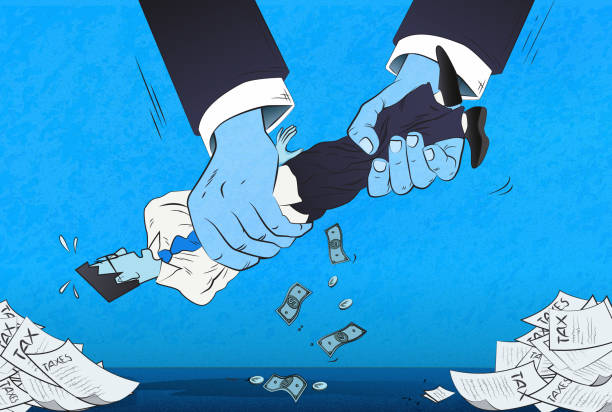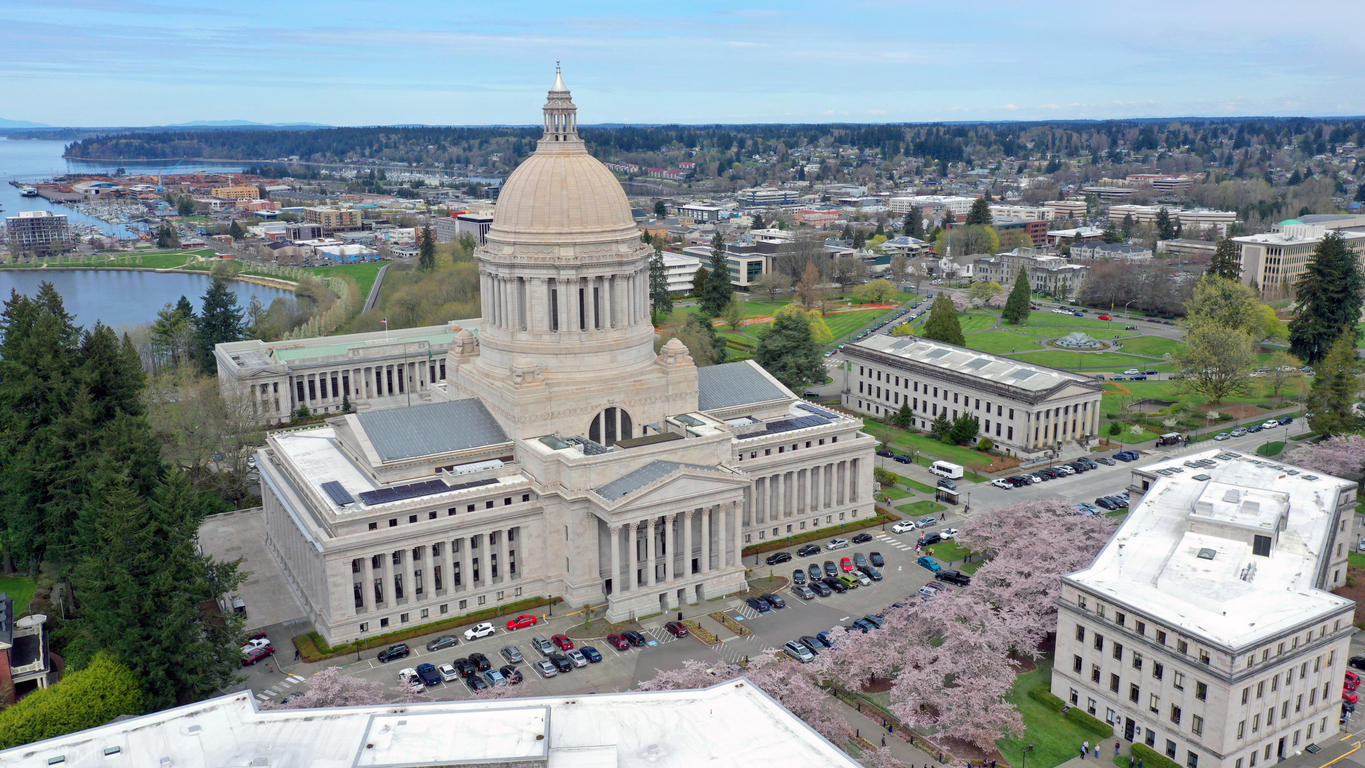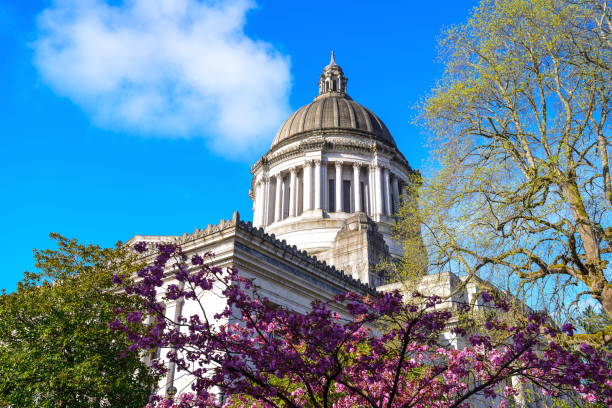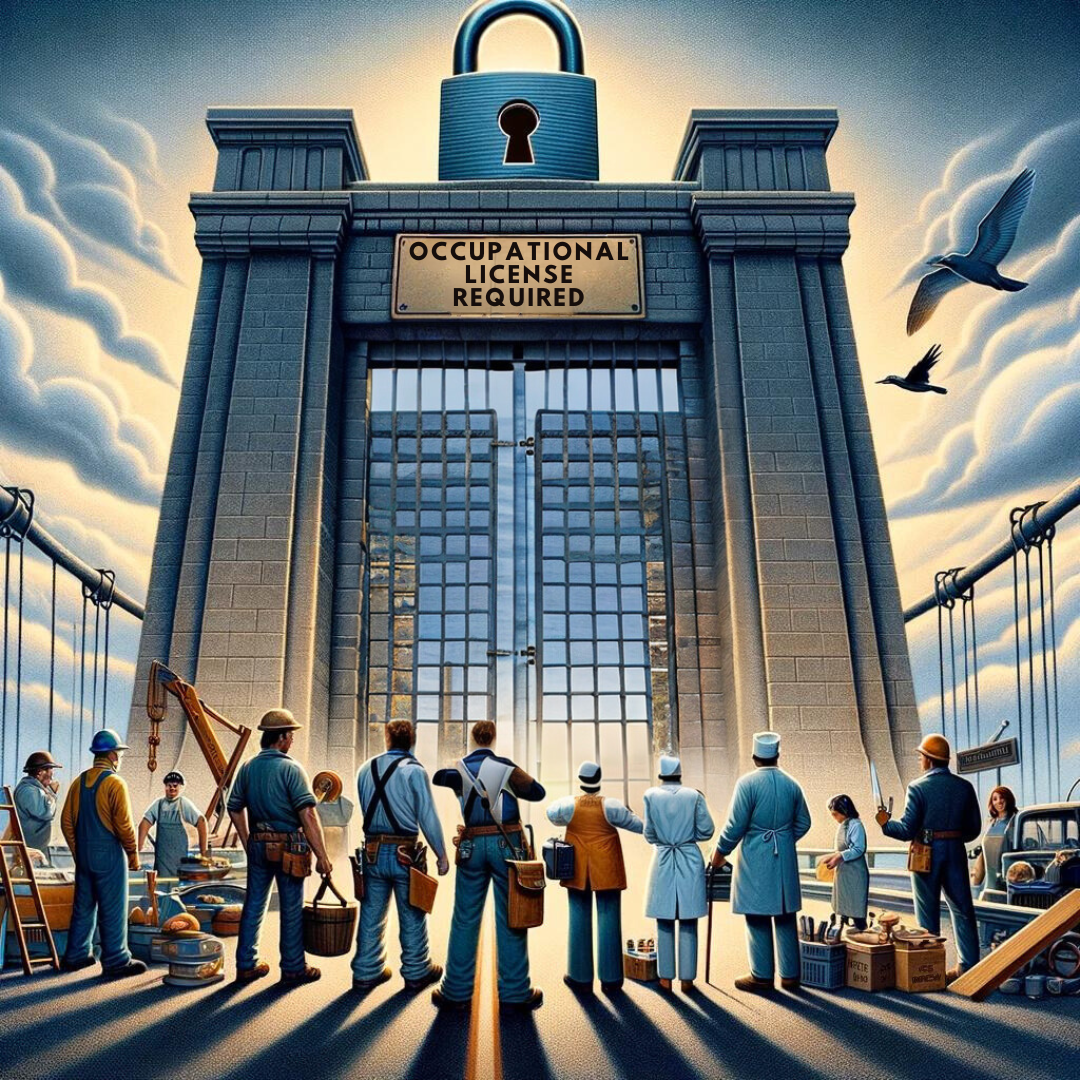Special Session 2.0 – What’s next?
Welcome to Special Session 2.0 for lawmakers to try yet again to come to a 2017-19 state budget agreement. Governor Inslee immediately called a second special session when the first one concluded without a budget deal. The Governor also made news when he said the capital gains income tax he had proposed and was part of the House plan was no longer realistic for budget talks.
The current 2017-19 budget standoff is occurring despite more than $2.6 billion in new revenue already being available without any tax increases. Judging solely by the difference in the budget balance sheets, reaching a deal may still be a ways off. Here is a quick compare/contrast between the last publicly available House and Senate 2017-19 budget plans:
House | Senate | |
Revenue forecast | $41.6 billion (6.7% increase) | $41.6 billion (6.7% increase) |
Spending | $44.7 billion (17% increase) | $43.1 billion (13% increase) |
Taxes | ||
Tax details | 7% capital gains income tax; 20% B&O surcharge (exempts first $250k of receipts); changes flat Real Estate Excise Tax (REET) to graduated REET; changes to 1% property tax growth limit; sales tax collection for online purchases; sales tax on non-resident shoppers; sales tax on bottled water; and misc. other tax changes. | New statewide property tax for schools (1% property tax growth limit changed for new state tax). Local school levies are also reduced resulting in net tax cut for many taxpayers though others will see an increase (see chart here for local tax change estimate. For example, families in Pasco could see a $368 decrease but those in Bellevue could see a $714 increase in 2019). |
The Senate is frustrated that the House has yet to hold a floor vote on its tax proposals while the House complains that the Senate relies on a referendum for the voters to approve the proposed property tax changes. There are also big differences between how the House and Senate plan to focus education spending in response to the Supreme Court’s K-12 funding ruling.
Speaking of the state Supreme Court, some have begun to call for the justices to head down an even more dangerous road than they currently are on by invalidating certain tax laws to force an education funding deal.
Though Washingtonians are justifiably frustrated that the Legislature hasn't adopted a budget yet, no one should be calling on the Supreme Court to invalidate unrelated tax laws passed by the Legislature and signed by the Governor duly enacted pursuant to the constitution. The last thing we need is for the courts to try to act like a super Governor/Legislature to determine which other laws should be used as leverage for a certain outcome. That is a recipe for constitutional chaos per our checks and balances and separations of power.
As for what to expect during the second special session, lawmakers may wait for the June 20 revenue forecast before reaching a budget deal. This is the day before the second special session is scheduled to end. This is one reason why a proposal by Sen. Palumbo to move the June revenue forecast past the fiscal year is intriguing. In the meantime we are likely instore for more hurry up and wait for a budget deal as the state moves closer to the July 1 fiscal year and possible partial government shutdown (which should never happen).
Additional Information
Budget reforms are needed to end the threat of state government shut-downs
Capital Gains & Capitol Games








